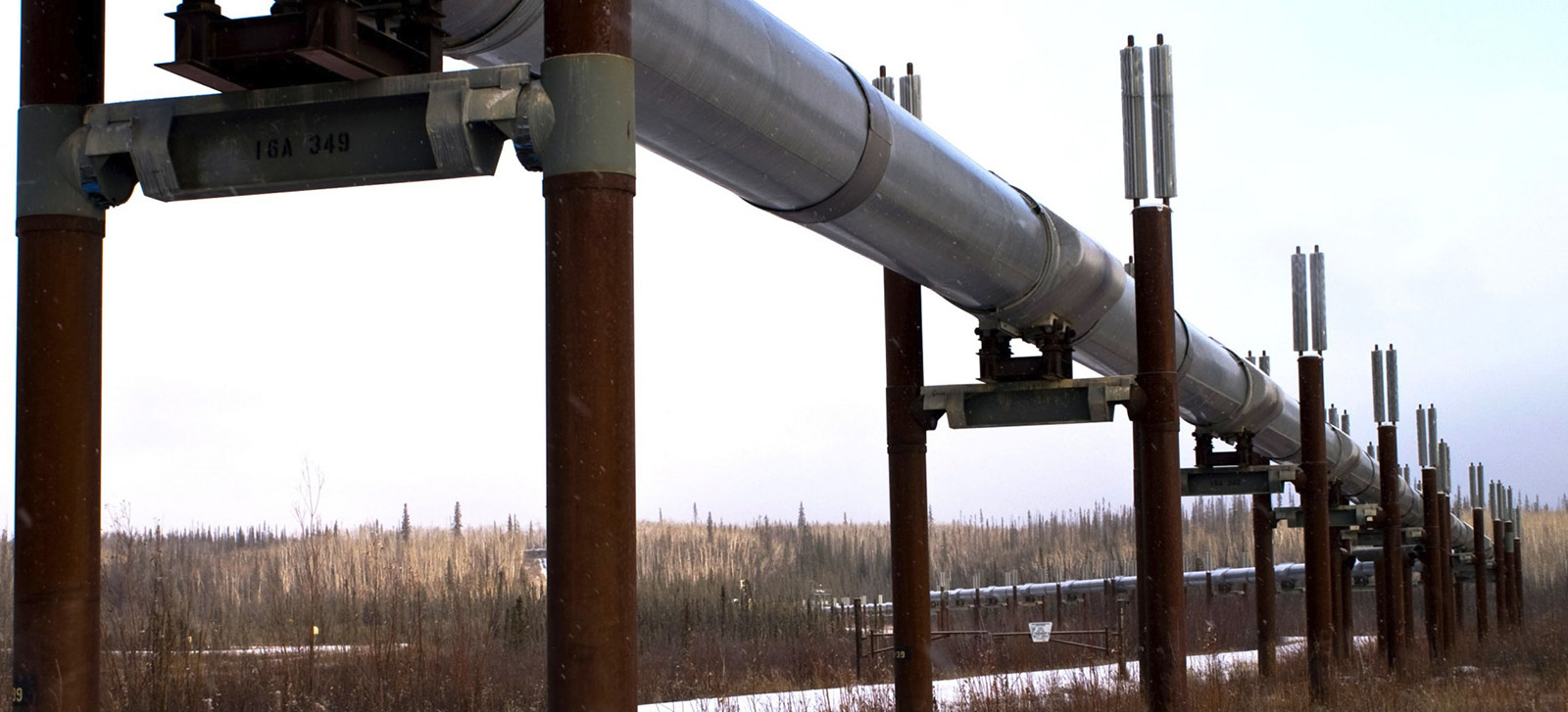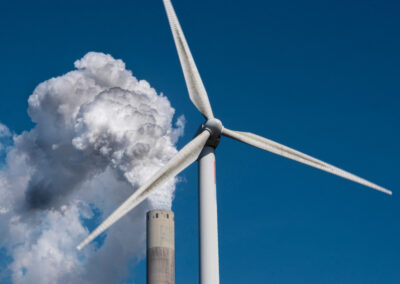
Six In Ten Canadians Support A Pipeline To Refineries In Eastern Canada
ARTICLE BY
Tony Coulson
For the past several years, Canadian interests – governments and industry — have been promoting the Keystone XL pipeline as a necessary outlet for Canadian oil. Pipeline proponents sometimes describe Canadian oil as being held captive and sold at a discount due to a lack of market access. The Keystone XL pipeline would carry Alberta oil sands product to refineries in the American Midwest and on the U.S. Gulf Coast. The project has been delayed, however, by the U.S. government, which has yet to announce a decision about approving or rejecting the proposal.
Given the pipeline’s obvious economic benefits to Canada, it might seem safe to assume that Canadians would be more supportive of the project than Americans. And given the U.S. government’s opposition to the plan, it might also seem safe to assume that Americans are relatively hostile to the initiative. Both assumptions, however, would be wrong.
The PEW Research Center recently released a poll indicating that two in three Americans (65%) support building the Keystone XL pipeline
Find out how Environics can help your organization
Related insights

Lauren Binette gives 3 reasons why ESG still matters and why ESG-inclined consumers are worth paying attention to.

A reflection on key trends in 2023 and how they may shape the year ahead including healthcare, housing, democracy, climate, politics, and AI.

Sarah Roberton reflects on what the public is taking away from the current news environment, and the importance of keeping audience top of mind.
Toronto
366 Adelaide Street West
Suite 101, Toronto, ON
Canada M5V 1R9
416 920 9010
Ottawa
116 Albert St
Suite 300, Ottawa, ON
Canada K1P 5G3
613 230 5089
Calgary
421 7th Ave SW
Suite 3000, Calgary, AB
Canada T2P 4K9
403 613 5735
